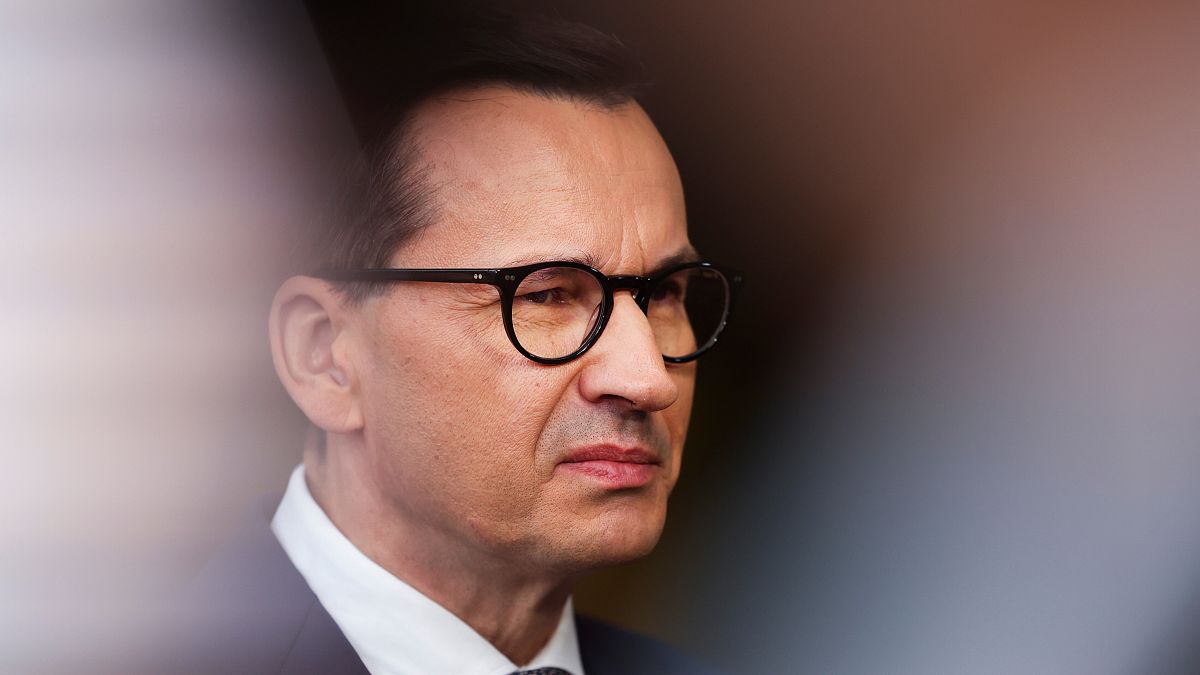Provisionally planned for the same day as this October's election, the referendum is a poke in the eye to another EU-wide policy as Warsaw and Brussels clash over Poland's alleged democratic erosion.
Poland's ruling party wants to ask voters in a referendum whether they support accepting "thousands of illegal immigrants from the Middle East and Africa" as part of a European Union relocation plan, the prime minister said Sunday, as his conservative party seeks to stave off a challenge from the political opposition.
Prime Minister Mateusz Morawiecki announced the referendum question in a new video published on social media. It indicated that his party, Law and Justice, is seeking to use migration in his general election campaign, a tactic that helped it take power in 2015.
The government has previously said it wants to hold the referendum alongside the fall parliamentary election, which is scheduled for October 15th.
According to Morawiecki, the question would be: "Do you support the admission of thousands of illegal immigrants from the Middle East and Africa under the forced relocation mechanism imposed by the European bureaucracy?"
Keep out
European Union interior ministers in June endorsed a plan to share out responsibility for migrants entering Europe without authorisation, the root of one of the bloc's longest-running political crises.
The ministers endorsed a deal balancing the obligation for countries where most migrants arrive to process and lodge them against the requirement for other members to provide support, whether financial or by hosting refugees.
Europe's asylum system collapsed eight years ago after well over a million people entered – most of them fleeing conflict in Syria – and overwhelmed reception capacities in Greece and Italy, in the process sparking one of the EU's biggest political crises.
The 27 EU nations have bickered ever since over which countries should take responsibility for people arriving without authorisation, and whether other members should be obliged to help them cope.
Law and Justice has long been in conflict with the 27-member European Union over a perception by the bloc that the Warsaw government's changes to the judiciary and media amount to democratic erosion.
Brussels is now taking legal action over a new law establishing a special committee to investigate "Russian influence" in Poland. The plan has been heavily criticised as a thinly veiled attempt to delegitimise opposition politicians, notably Donald Tusk, and effectively prevent them from gaining power.
